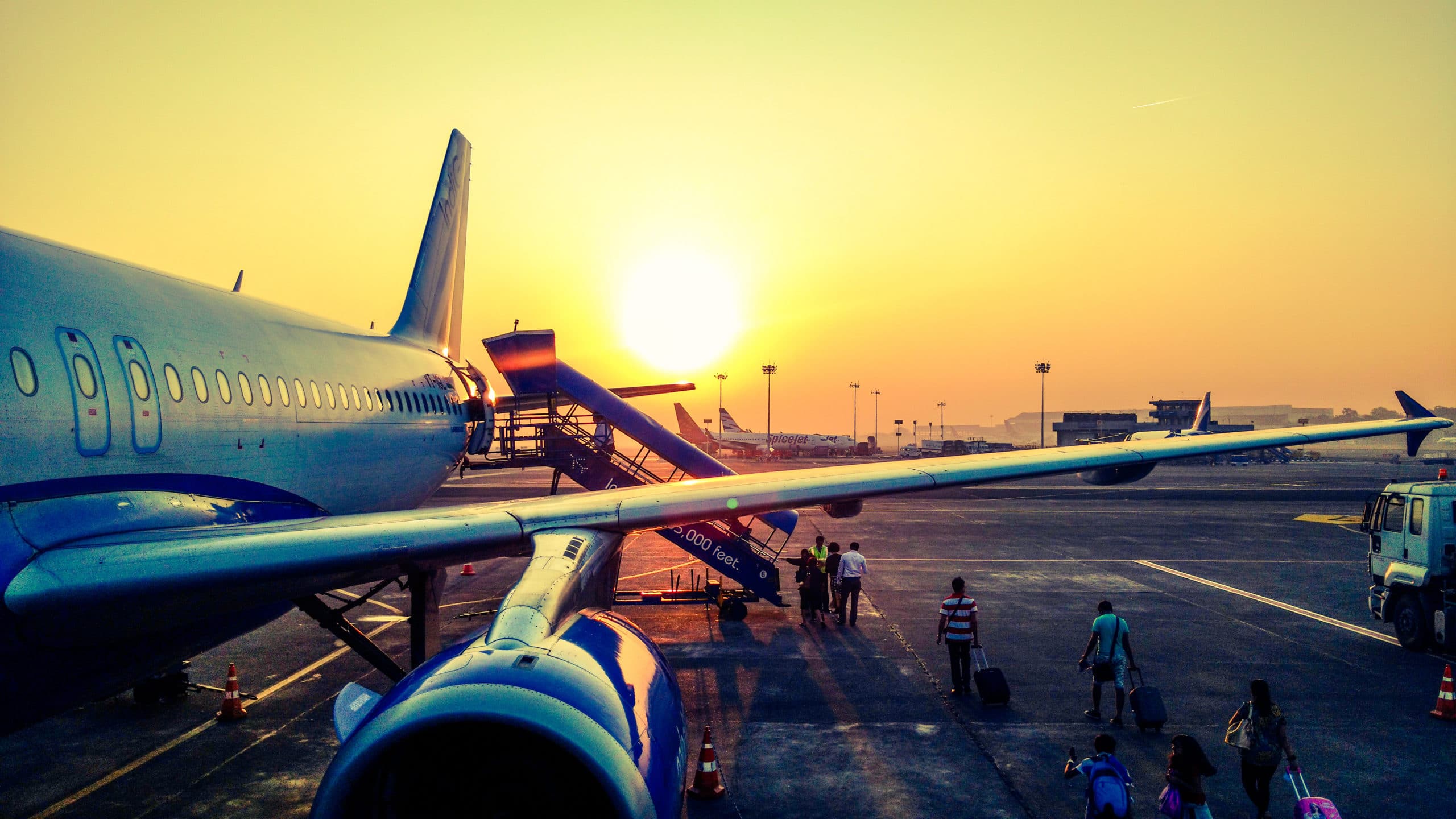
Newsfeed
July 21, 2020
To say that 2020 has been a turbulent year for the commercial aviation industry is certainly an understatement. Various high-profile airlines such as Virgin Australia, Flybe and Avianca (Colombia) have already collapsed, while others had to resort to state-aid in order to keep afloat such as the Lufthansa Group (which includes Austrian Airlines, Swiss International Air Lines and Brussels Airlines) and the Air France-KLM Group.
Over the past few weeks most countries in Europe have been re-opening their borders and thus providing a much-needed stimulus to the tourism industry as well as to airlines. Nonetheless, it would be naïve for the commercial aviation industry to assume that they are out of the woods but rather that they have been thrown a lifeline.
In these circumstances it would be prudent to look at the past in order to try to anticipate what awaits in the future. The last few years were very profitable for commercial airlines, however, there were still a number of airline bankruptcies, some of the notable ones being Monarch Airlines and Air Berlin in 2017, Primera Airlines who ceased operations in 2018 and in 2019 Aigle Azur, Adria Airways and Thomas Cook Airlines all stopped flying.
One common factor which comes to light when analysing these bankruptcies is that they all stopped flying in September or in October. Therefore, it seems that if airlines do not have a profitable summer, which is normally their busiest period, it will be difficult for such airlines to sustain the company during the autumn and winter months when demand for air travel is in decline. This would naturally lead to cash flow problems and thus bankruptcies.
If we were to apply this to today’s situation which could be compounded with a potential second wave of COVID-19 infections, then this can result in a perfect storm for the aviation industry. Thus, one might expect more bankruptcies later in the year and increased re-possession of aircraft. This is worrying not only for the airlines but also for the aircraft lessors who lease aircraft to these airlines as well as the financiers who could be financing either the airlines directly or else the aircraft lessors.
Should there be re-possessions, then one of the issues which lessors and/or financiers would need to keep in mind is not only where to park their aircraft physically but also where to register the aircraft. If the aircraft is certified by the European Union Aviation Safety Agency, then it would be ideal to register the aircraft in an EU register. In fact, the Malta Aircraft Register is becoming more attractive for aircraft lessors and owners to park their aircraft in the register.
Assuming that such aircraft would not be commercially operated, then, for registration purposes, they can be owned by an EU or a non-EU entity, although a number of nationalities may be excluded if they are not an approved jurisdiction as established under the laws of Malta. Furthermore, the registration costs are considerably low and competitive. The list of documents required to register an aircraft in Malta is not extensive, nonetheless, it is recommended that should there be the intention of registering an aircraft in Malta then it would be ideal to have the documents in place as early as possible.
Moreover, once the aircraft is registered in Malta, then the Malta Civil Aviation Directorate would be able to issue, if required, permits to fly, allowing the owner to fly the aircraft to a maintenance facility. It is also important to keep in mind that if the aircraft is being de-registered from an EU register, then a Export Certificate of Airworthiness would not usually be required.
Another attractive feature is that Malta is party to the Cape Town Convention on International Interests in Mobile Equipment and the Aircraft Protocol. Therefore, if a lessor has a number of aircraft which are currently financed then it would also be advantageous to the financier to register such an aircraft in Malta and have an Irrevocable De-Registration and Export Request Authorisation (IDERA) issued by the owner in favour of the financier and registered in the Malta Aircraft Register.
The aviation industry is certainly facing unprecedented challenges, and thus it is important that remedies are available, even of a temporary nature, such as the ability to register the aircraft in Malta after a re-possession or when the aircraft is not being operated commercially, which can give financiers and lessors some peace of mind until these turbulent times for the industry improves.